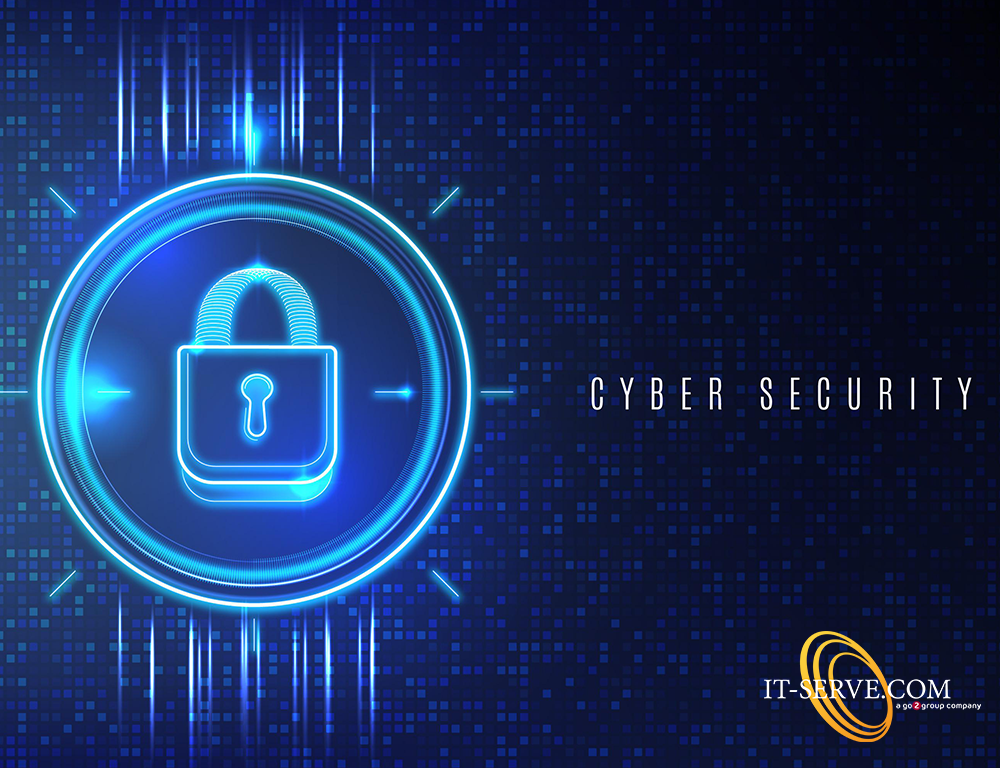
A hacker can be defined as someone who uses a computer system to gain unauthorized access to another system for data, or someone who encrypts another system making it unusable by its actual owner. Usually, all hackers use their skills for an intended purpose. This may include malicious activities such as stealing money, craving attention, bringing down an entire computer system for revenge or even destroying it.
Listed below are some of the different types of hackers that cyber security protocols protect us from:
BLACK HAT HACKERS
A black hat hacker is a person who tries to gain entry into a system or network to exploit it for malicious reasons. A black hat hacker is the typical, evil hacker portrayed in movies and they have no authorization or permission to compromise their targets. They try to inflict damage by sabotaging security systems, changing the functions of websites and networks, making systems crash or redundant, or simply shutting them down. Most of the time, they do so to gain access to sensitive information such as passwords, finances and other personal data. Then they can use this to demand the owners pay a ransom for the release of such data, or they may simply do it just for the sabotage as cyber security break ins usually cost the victims hundreds to thousands of dirhams to have their systems cleaned and restored.
SCRIPT KIDDIE
These hackers are people who have recently started infiltrating computer systems and are not as experienced as black hat hackers. They usually don’t cause excessive damage and use downloaded hacking software or purchased scripts to bombard traffic sites or disrupt the regular activity of a website and network. Basic antivirus software can protect against the amateur attempts of a script kiddie and their attempts of infiltration are usually fueled by revenge or because they simply want to experiment on their hacking skills.

SOCIAL ENGINEERING HACKERS
These hackers use psychological manipulation to make people divulge private contents to them or to perform certain actions that they can then exploit for their gain. These hackers pose as someone else, earning the trust of the victim luring them into exposing sensitive information that they can use to hold as ransom or to steal. The usual victims for these hackers are employees of firms who hold the passwords, authentication codes or encryption keys for very sensitive data of their organization. This is one of the reasons why it’s advisable to never share passwords, even with family members.
CYBER TERRORISTS
Cyber terrorists are hackers that break into wide spread media outlets to spread politically motivated speeches or ideas through the use of computers and information technology. They usually encrypt systems at news stations, TV stations, and government entities until they publicly announce the ideas or morals of the cyber terrorism group, usually spreading widespread fear and misinformation in the region. This is why government organizations and media outlets should prioritize their cyber security well and invest in a cyber security team.
In conclusion, there are many hackers out there with malicious intentions that have their own reasons to be infiltrating computer systems and cause problems. It is up to all of us, to be aware and vigilant and always be alert for any suspicious links or emails that may contain malware or viruses. When in doubt, do not hesitate to contact your IT team to check if the link or website is legitimate, or you can always hire a third party service provider to handle all your cyber security needs with the necessary expertise in the field – both to help get your systems protected and help monitor them for unauthorized access to your systems.



















